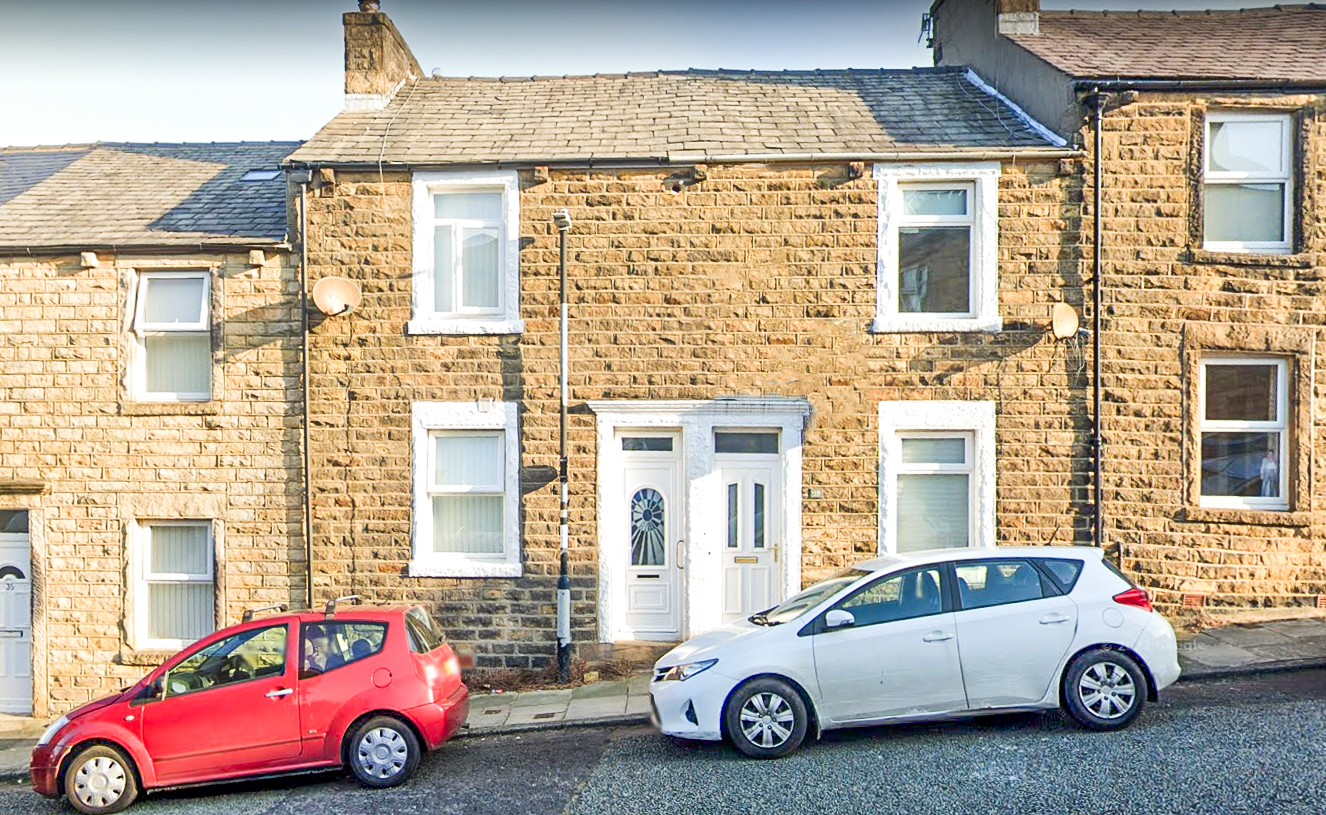News Blog
Buying an investment property.
Buying an investment property involves several steps, from initial research to closing the deal. Here’s a general overview of the process:
1. Define Your Investment Goals:
Determine your investment objectives, such as rental income, long-term appreciation, tax benefits, or portfolio diversification. Clarify your budget, desired return on investment (ROI), and risk tolerance.
2. Research the Market:
Research potential real estate markets to identify areas with strong rental demand, growth potential, and favorable economic indicators. Consider factors such as job growth, population trends, rental vacancy rates, and local amenities.
3. Financial Preparation:
Get pre-approved for financing or secure alternative funding sources if you plan to purchase the property with a mortgage. Calculate your down payment, closing costs, and ongoing expenses such as property taxes, insurance, maintenance, and property management fees.
4. Property Search:
Start searching for suitable investment properties that align with your investment criteria and budget. Consider factors such as location, property type (single-family home, multi-family building, condo, etc.), condition, rental potential, and potential for future appreciation.
5. Due Diligence:
Conduct thorough due diligence on potential properties to assess their investment viability. Inspect the property for structural issues, maintenance needs, and compliance with local regulations. Review financial documents, including rent rolls, operating expenses, and historical financial performance.
6. Financial Analysis:
Analyze the financial feasibility of the investment by calculating key metrics such as cap rate, cash-on-cash return, gross rent multiplier, and internal rate of return (IRR). Evaluate potential risks and returns to determine if the investment aligns with your financial goals.
7. Negotiation and Offer:
Submit an offer to purchase the property, taking into account your research, due diligence findings, and financial analysis. Negotiate with the seller to reach a mutually acceptable price and terms, considering factors such as financing contingencies, inspection contingencies, and closing timeline.
8. Contract and Closing:
Once your offer is accepted, work with your real estate agent or attorney to finalize the purchase contract and navigate the closing process. Arrange for a home inspection, appraisal, and title search to address any issues before closing. Coordinate with lenders, escrow agents, and other parties involved in the transaction to ensure a smooth closing.
9. Property Management:
If you plan to rent out the property, consider hiring a professional property management company to handle tenant screening, rent collection, maintenance, and other day-to-day responsibilities. Alternatively, prepare to manage the property yourself if you have the time and expertise.
10. Monitor and Optimize:
Regularly monitor the performance of your investment property and make adjustments as needed to maximize returns and mitigate risks. Stay informed about market trends, rental market dynamics, and regulatory changes that may impact your investment strategy.
Remember to consult with real estate professionals at Coast N Couintry, financial advisors, and legal experts to guide you through the process and ensure you make informed decisions. Each investment property purchase is unique, so tailor your approach to your specific goals, preferences, and market conditions.
Here at the CoastnCountry Estate Agents covering Lancaster, Morecambe Bay, and South Lakes property sales, we know what it takes to find that perfect investment property and we are happy to advise on any investment aspect. Want to find out more? Please contact Sarah at coastncountry.co.uk or call 01524 389814.


